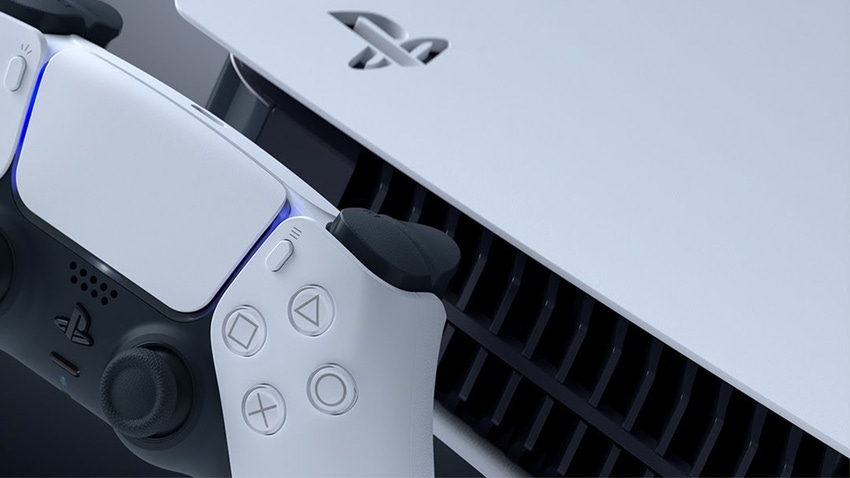
Apple's integrated ecosystem has been both admired and criticized in the consumer electronics industry for years. In light of the recent lawsuit filed by the U.S. Department of Justice, Apple is now facing antitrust allegations, with a particular focus on its iPhone and controversial app sales practices. The lawsuit also addresses the Apple Watch, noting that it is only compatible with the iPhone, which can make it more expensive for users to switch to Android smartphones.
The filing argues for the appeal of cross-platform smartwatches to reduce dependence on Apple's proprietary hardware and software. While Apple's ecosystem is designed to promote consistency and ease of use, other companies also limit functionality to their own hardware. However, the open nature of non-Apple operating systems allows for greater interoperability across manufacturers.
The lawsuit alleges that Apple's restrictions on third-party access to smartwatch APIs prevent competition and hinder consumer choice. If the DOJ's suit succeeds in opening up Apple Watch functionality, it could impact iPhone sales but also present an opportunity for Android users. Additionally, the filing mentions the origins of the smartwatch concept, suggesting that Apple may have borrowed ideas from third-party developers.
For further information on Apple's antitrust lawsuit, refer to the following articles:
- Apple sued by DOJ over iPhone monopoly claims
- DOJ claims green bubbles are an issue in Apple iPhone antitrust lawsuit
- Why Apple's antitrust lawsuit could be a silver lining for Epic Games
- Apple's iPhone is not a monopoly like Windows was a monopoly
- Epic, Spotify, Deezer, Match Group, and others applaud DOJ's Apple lawsuit
- DOJ calls out Apple for breaking iMessage-on-Android solution, Beeper


